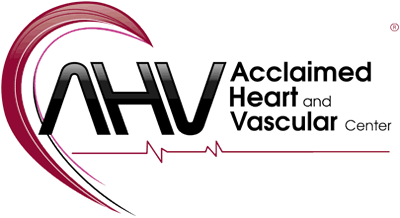Causes of bradycardia
- Problems with the sinoatrial (SA) node, sometimes called the heart's natural pacemaker
- Problems in the conduction pathways of the heart
- Metabolic problems such as hypothyroidism
- Damage to the heart from heart attack or heart disease

Acclaimed Heart and Vascular Center
We deliver excellent care with compassion after discussing your health and treatment plan with simplicity.
Symptoms of bradycardia
A heart rhythm that's too slow can cause insufficient blood flow to the brain with symptoms such as:
- Fatigue or feeling tired or weak
- Dizziness or lightheadedness
- Confusion
- Fainting or near-fainting spells
- Some people may feel short of breath
- Feeling like it's hard to exercise
- In extreme cases, cardiac arrest may occur.
Complications of bradycardia
Severe, prolonged untreated bradycardia can cause:
- Heart failure
- Syncope (loss of consciousness; fainting)
- Angina pectoris (chest pain)
- Low blood pressure or hypotension
- High blood pressure or hypertension
If you notice a slow heart beat or any of the above symptoms, please contact Dr. Shahzad or call 911 immediately!
DISCLAIMER: THIS WEBSITE DOES NOT PROVIDE MEDICAL ADVICE
The information, including but not limited to, text, graphics, images and other material contained on this website are for informational purposes only. The purpose of this website is to promote broad consumer understanding and knowledge of various health topics. It is not intended to be a substitute for professional medical advice, diagnosis or treatment. Always seek the advice of your physician or other qualified health care provider with any questions you may have regarding a medical condition or treatment and before undertaking a new health care regimen, and never disregard professional medical advice or delay in seeking it because of something you have read on this website.

